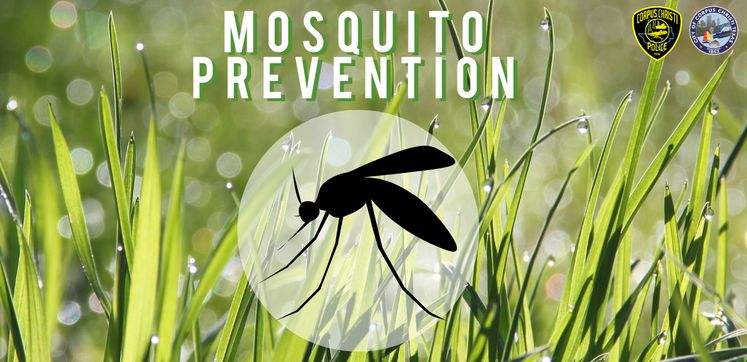Mosquito spraying has received a lot of attention in previous years; however, spraying or adulticide shouldn’t be the first line of defense against mosquitoes. For a number of years now, health authorities have concurred it is a less effective means of protection against mosquito-borne illness. However, if the problem progresses and there is a need for mitigation beyond surveillance and larvicide, the City may choose to exercise a spraying option.
Mosquito control is best performed using the Mosquito Management concept. Mosquito Management develops pest management systems that are practical and effective to protect human health and the environment. Mosquito control can be divided into two areas of responsibility – individual and public.
Public spraying to control mosquitoes is implemented when one of the City traps test positive for West Nile Virus and the possibility for human contamination is moderate to high. The reduction, elimination, or treatment of mosquito breeding areas is the best and most cost-effective technique for mosquito control.
When Vector Control receives confirmation of West Nile virus in a mosquito, the response entails the following:
- The spraying of a 1/2 mile radius around the area of the detection for three consecutive nights, beginning tonight.
- Patrol officers and personnel will be attempting to locate any standing water in the affected neighborhood including examining abandoned properties.
- Vector Services will conduct continuing surveillance of mosquito traps in the immediate area for signs of the Culex species of mosquito responsible for West Nile virus.
The need to spray a larger area is not necessary based on the entomology of the Culex species mosquito and the normal travel distance of this mosquito.

